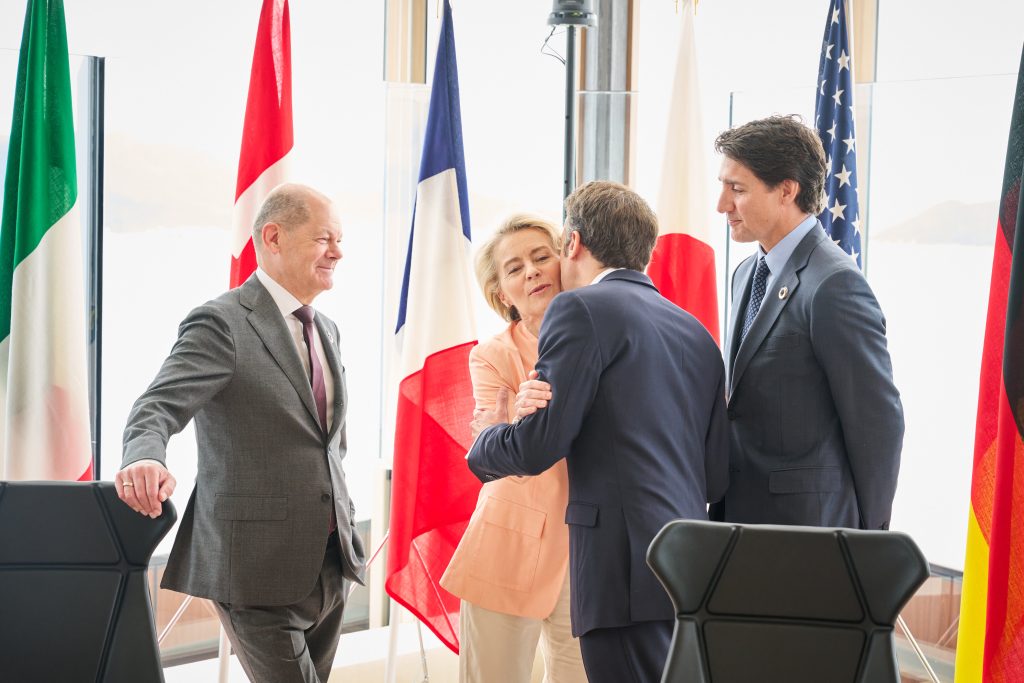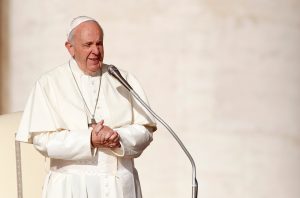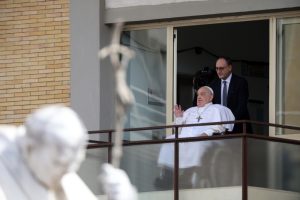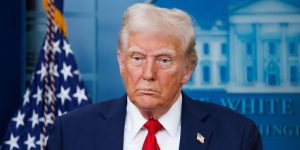The crisis between France and Germany is so deep because Putin’s war has destroyed the old division of labor. They have to pull themselves together again – also because of Donald Trump.
Others are reading now
The deepening divide between France and Germany is largely due to the turmoil caused by Putin’s conflict, disrupting their traditional roles. They need to find a way to work together again, especially with Donald Trump in the picture.
According to Frankfurter Allgemeine, this tension might also stem from the different personalities at the top: a French President known for his flair and lofty ambitions, and a German Chancellor who is more reserved and sees politics as a hands-on job.
The structure of their governments adds to the differences. In France, the president is like a substitute monarch in a country where the government is centralized. In federal Germany, the Chancellor is often a walking mediation committee, which is especially true for Scholz, who leads a government made up of three different parties.
But there’s more to it than just personalities and politics. There used to be an unspoken agreement between Germany and France where Berlin would focus on the economy and Paris on defense.
Also read
This arrangement has fallen apart.
Navigating Strategy
The whole setup between France and Germany wasn’t exactly smooth sailing from the start. Issues like disagreements over Merkel’s austerity policies and Germany’s surpluses in the euro crisis popped up. Despite these hiccups, they somehow made it work. The euro was saved, and when France needed a hand in Mali, Germany sent over the Bundeswehr. When it came to dealing with Russia, they found common ground — Germany primarily out of economic interest, France out of Gaullist instinct.
Putin’s attack on Ukraine has undermined this agreement.
Not only did he expose the strategic naivety in Berlin and Paris, he also showed both countries their political and, even worse, their material limits. Germany had to acknowledge that for decades it had looked at the world through rose-colored glasses and invested incorrectly: too much social welfare, too little defense.
Above all, the claim to leadership that Scholz had made at the beginning of his term in office has crumbled, a fact highlighted not only during the Taurus missile debate. Germany is a middle power. But the confrontation with Russia shows what it means if you don’t have nuclear weapons. Consequently, Scholz found it necessary to seek support from Washington to avoid a scenario where Germany’s contribution to Ukraine would be limited to “sleeping bags and helmets” — a prospect Macron criticized rather bluntly.
Kicked out of West Africa
France’s role is being questioned even more, especially with how Macron’s approach to Putin keeps changing. At first, he didn’t want to humiliate Russia, but now he’s talking about sending troops to Ukraine. The real capabilities of the UN veto and nuclear power can be seen from the statistics on arms deliveries to Ukraine, even if Paris considers them to be unfair. The truth is, Macron isn’t living up to his part of the France-Germany agreement when Europe is facing its biggest threat in decades.
Putin’s actions even contributed to France losing its footing in West Africa.
This loss is just as damaging to France’s national pride as the limitations brought on by its massive debt. In the end, France still relies on the US to call the shots in Europe; the idea of being completely independent, or “strategically autonomous,” isn’t realistic right now.
There are more issues where France and Germany don’t see eye to eye: France’s old habit of wanting to protect its industries clashes with Germany’s focus on exporting, like in the Mercosur trade deal, the unnecessary arguments over nuclear energy, and ongoing disagreements about the EU borrowing money. Even when one side gives in, like Germany did with the Corona Fund, the fundamental differences in outlook remain. Brexit has shown that Germany has lost a key ally in the EU on many fronts. The initial focus in Berlin on working with London rather than Paris on the Taurus missile issue speaks volumes.
Does this mean the “Franco-German engine” is broken? Perhaps the term has been suggesting something for years that no longer exists. Germany and France can’t guide the ever-expanding EU by themselves anymore, mainly because most policies are decided by majority votes now. In a way, this shift is good because it fits with the idea of a united Europe.
But the big challenge is still how to stand up to Russia.
This means Germany and France need to find common ground again, especially if Trump makes a comeback. If not, Europe might once again find itself under the influence of outside powers.








